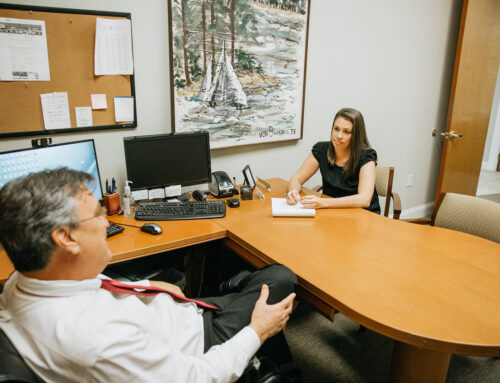After you have filed for bankruptcy – especially in a difficult job market – you may decide that starting your business is the right move for you. The COVID-19 pandemic has caused a mind-shift in many people regarding how they can provide for their families. Additionally, the amount of people now comfortable with the idea of working from home has grown exponentially. However, you might wonder what restrictions (if any) exist to prevent you from opening a business too soon after a bankruptcy.
The good news is, the bankruptcy court recognizes that you need to make a living, and therefore you can start a business the day after a filing or discharge. However, it may be necessary to obtain the court’s approval to take on debt if loans are required.
Incurring Business Debt
The fact is that a bankruptcy court in a Chapter 13 proceeding may not be likely to approve a request for taking on additional debt of several thousand dollars or more to begin a new business venture.
The bankruptcy filing itself indicated that you needed help in managing debt and credit. The court does not want to see you take on more debt while working to eliminate current obligations. If you take on new debt without checking with the courts, they may dismiss your bankruptcy altogether. A dismissal would allow all the creditors included in the bankruptcy plan to resume collection efforts against you, up to and including wage garnishment.
It is also not likely that you will be successful in procuring a new loan with a very recent bankruptcy on your record. All of your assets, such as your home, are included in the bankruptcy proceedings, so they cannot be used as collateral for a new loan. While you may find a lender who specializes in borrowers with bad credit, you will often be subject to a much higher interest rate, again putting you back into a precarious position.
A Better Plan to Rebuild
It may be more prudent to wait until after your bankruptcy has been discharged before starting a new business. You and your bankruptcy attorney may complete a Chapter 7 bankruptcy in less than six months, and once over, you are no longer under court supervision. At that point, you can take on any new debt that lenders are willing to offer to you. If you filed a Chapter 13 bankruptcy, the process takes much longer, requiring a payment plan which lasts between three to five years.
Federal bankruptcy laws require formal debt and credit counseling as a part of your bankruptcy agreement. Credit counselors strongly warn against accruing excessive debt to start a business – or for any other reason, for that matter. Although the bankruptcy goal is to give you a fresh start, you also want to avoid ending up in the same position in a few years.
There are many types of businesses you can open without borrowing money or taking on debt. These opportunities allow you to begin immediately after bankruptcy. Experts recommend a home-based business using equipment and resources you already own, such as a personal computer with internet. If you must borrow, opt for small amounts from family or friends.
For more help with how bankruptcy may help your financial situation, call the offices of Sarasota bankruptcy attorney Richard V. Ellis.





